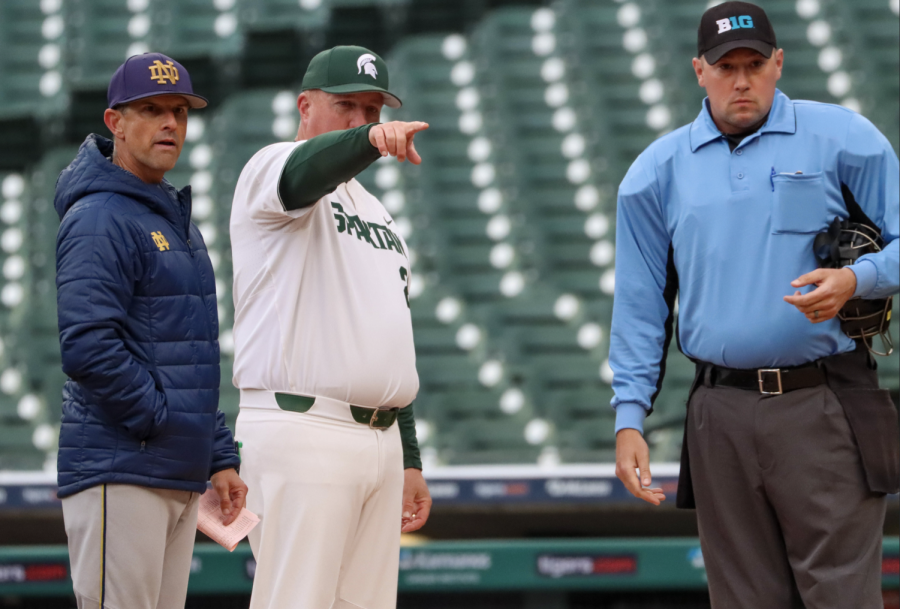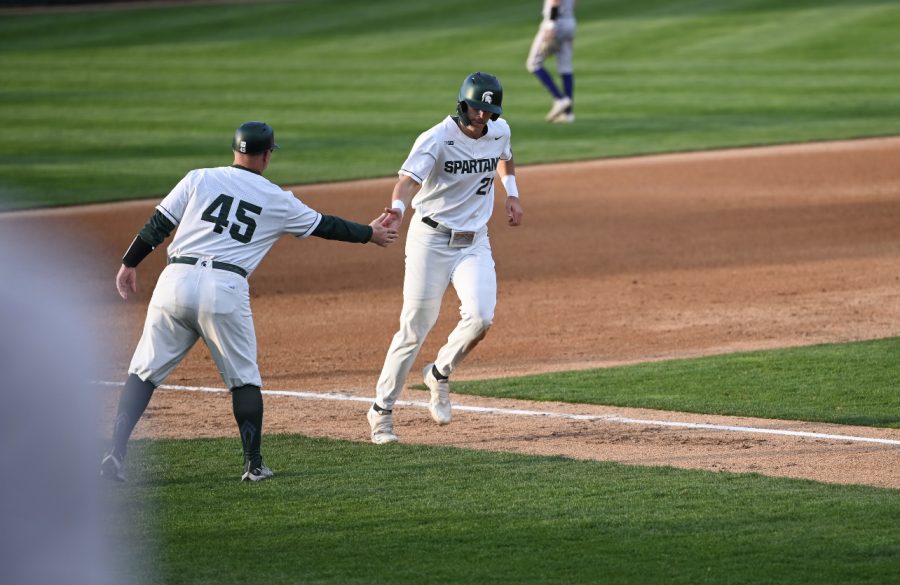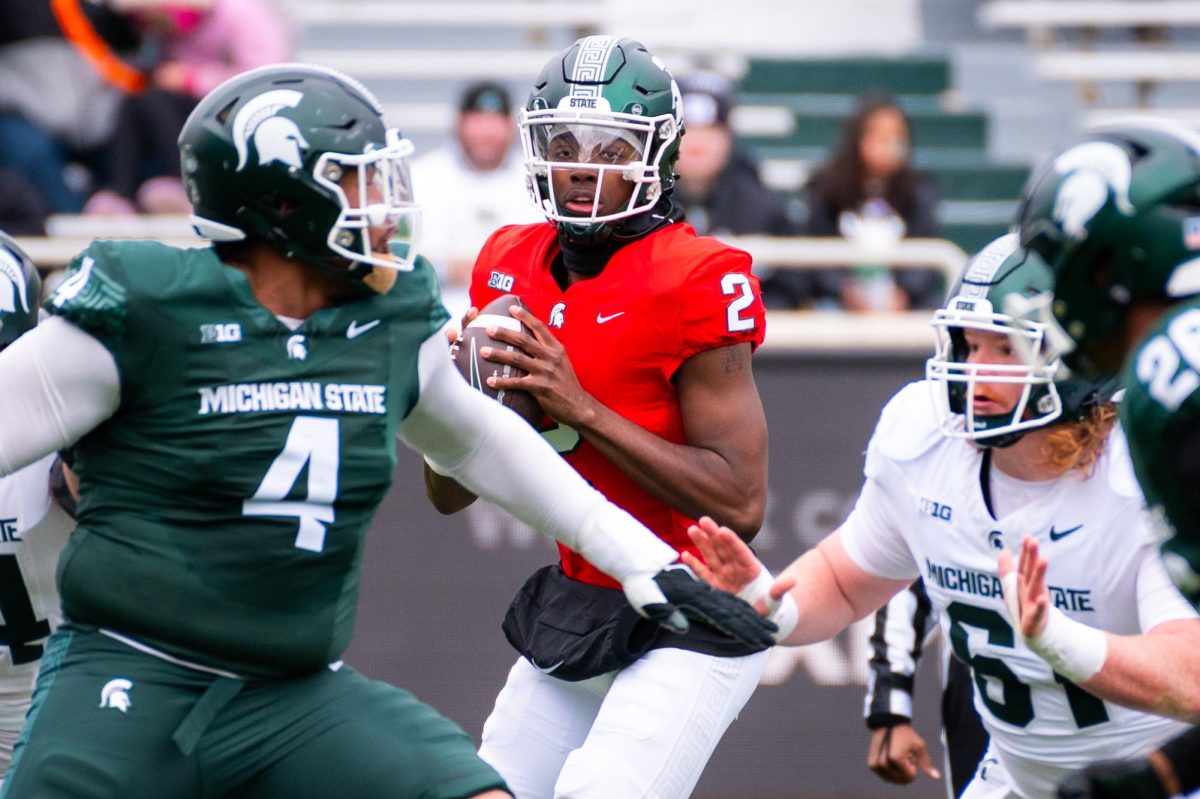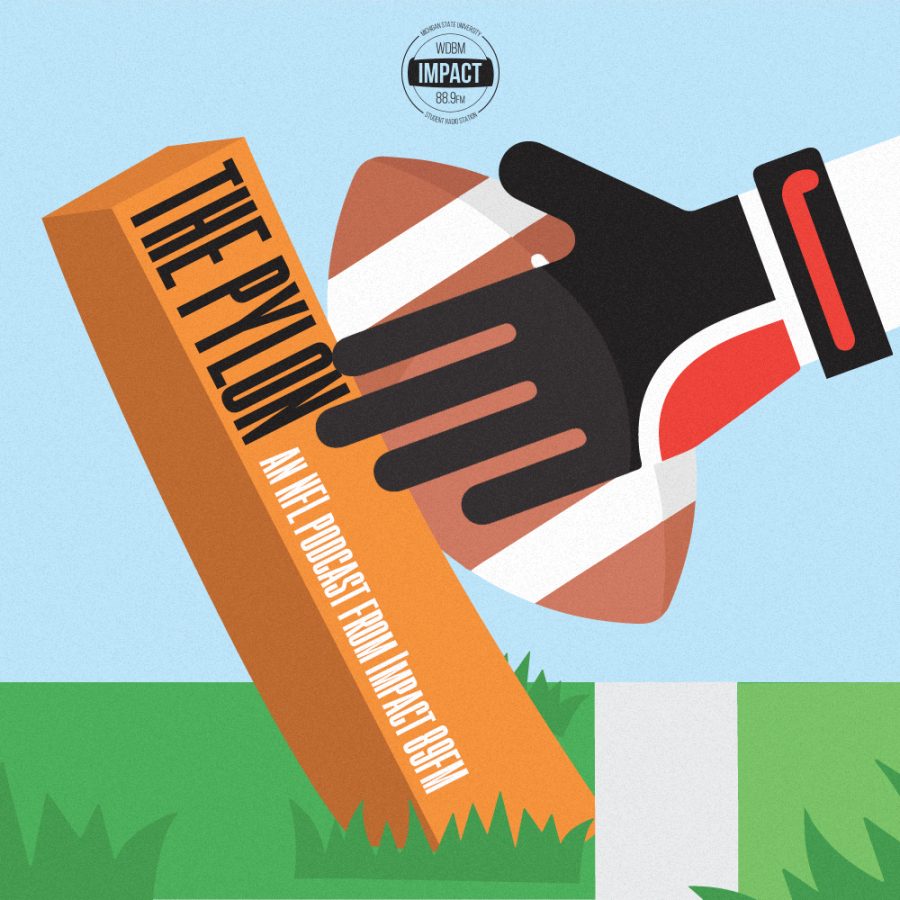This Week in Music History: April 4-8
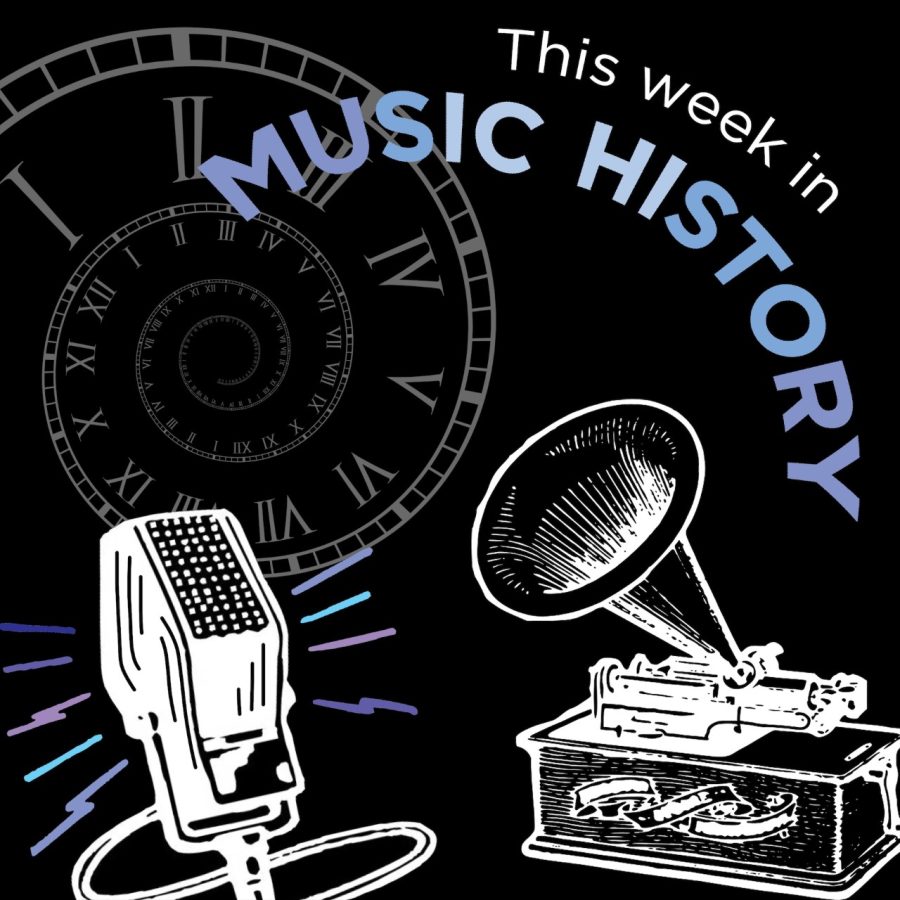
April 8, 2022
This week in music history, the winner takes it all. On April 6, 1974, 48 years ago this week, the ABBA won first place at that year’s Eurovision contest with their song “Waterloo.” The song was written by Benny Andersson and Björn Ulvaeus, performed by them and the two other band members, Agnetha Fältskog and Anni-Frid Lyngstad. They had already released two albums, the most recent being a month before this performance and titled after their winning song, but this win launched the band into international acclaim. The next decade brought six more albums and hits like “Dancing Queen” and “Mamma Mia.” Unfortunately, the band took an extended hiatus only seven years after their Eurovision win. After the divorces of members Fältskog and Ulvaeus and of Lyngstad and Andersson, the band released their last album, The Visitors, in 1981. However, Andersson and Ulvaeus collaborated on the jukebox musical of their music in 1999, “Mamma Mia!” as well as the two movies based off of it. It would take four decades after this hiatus to release one last album, Voyage. This 1974 win was a turning point in the Swedish pop groups career and forever changed the ‘70s pop sound, and has never left the cultural zeitgeist in the near five decades since.
On April 7, 1985, Wham! broke Cold War barriers and became the first western band to perform in China. After decades of isolation, after years of ideological battles between the two halves of the world, after numerous western fights for containment, only one band could bring the world together. Feather-haired, colorfully clad, sugar-coated pop singing duo Wham! helped open up the door for struggling relations between the west and China in their boy band heydey 37 years ago this week. Off the success of their album Make it Big, George Michael and Andrew Ridgeley performed chart-topper “Wake Me Up Before You Go-Go” and melodious ballad “Careless Whisper” among others to the audience. The endeavor wasn’t easy, as written by Time about the event, the band’s manager spent over a year trying to get them the gig. Selling tickets was another hurdle, as at the time in China, pop music was seen as “immoral” and “dirty.” Still, the band helped with foreign relations with a country who had spent the better part of the century isolated from the west and was slowly opening up to the rest of the world. Also according to Time, the event was still rare and artists’ guilty feet would have no rhythm in China until the ‘90s closed in. Still, this event was monumental for both forgein relations and the career of one of the biggest bands of the decade. Footage from the band’s trip to China was featured in the music video for their song “Freedom.”
14 years later, George Michael would learn about the epic highs and lows of showbiz. Also this week, on April 9, 1998, The LA Times reported Michael had been arrested for participating in a “lewd” act in a public bathroom. He pleaded no contest and was fined and given community service. However, he used the incident to approach a major change in his public life. Soon after he went on CNN and publicly came out as gay. It was an incredibly precarious time to come out. The gay community was reeling from the AIDS crisis, misinformation about the virus and there were huge stigmas against it. In the same decade as Freddie Mercury’s AIDS-related death, the release of Rent and the death toll rising into the 100,000’s, George Michael made the choice to publicly come out. His brave announcement was commemorated after his death on Christmas Day 2016, The Independent wrote about the toll keeping his sexuality a secret took on his mental health, as well as worrying about how his family would react and having partners die from AIDS. However, after his coming out he became an outspoken advocate for gay rights until his death at 53. As strange as the circumstances were, this event 24 years ago this week caused quite the domino effect.






















